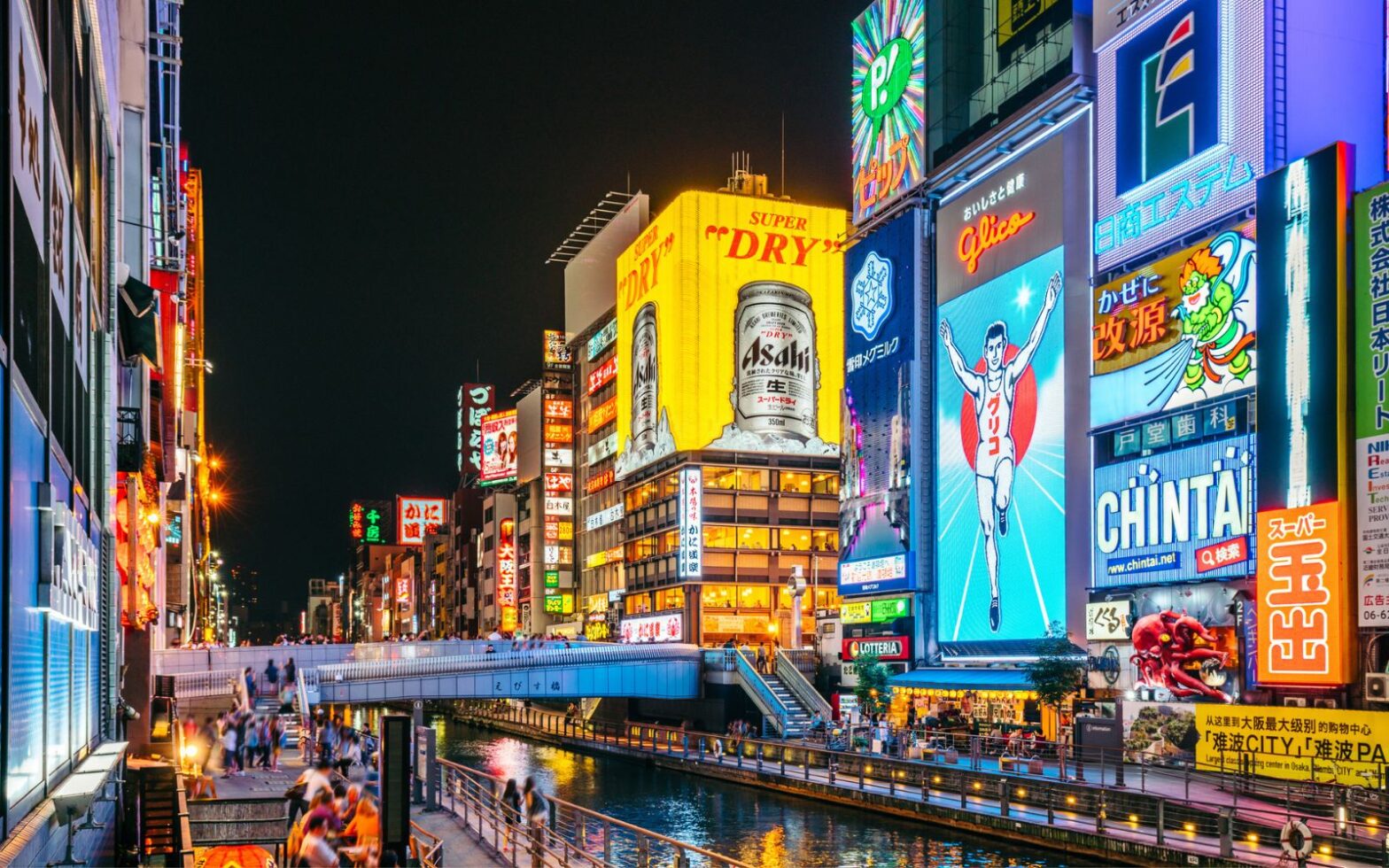Japanese officials have given their approval to controversial plans for the construction of Japan’s first-ever casino resort. The announcement marks a significant shift as casinos have long been illegal in Japan. A 2018 legal ruling, however, has introduced exceptions for certain games like poker and baccarat. The intention of the law is to create job opportunities and boost tourism, as reported by BBC.
Set to open in Osaka in 2029, the extensive 5.3 million-square-foot complex will go beyond just a casino. Features include a luxurious hotel, state-of-the-art conference center, and upscale shopping mall. Visitors can also enjoy a captivating museum, offering a comprehensive entertainment experience to visitors.
Public opinion on the matter remains divided, with concerns raised about potential increases in crime rates and gambling addiction. Critics argue that legalizing casinos could lead to a surge in problem gambling and related social issues. Supporters, on the other hand, believe that the project will stimulate the economy and attract international visitors.
Prime Minister Fumio Kishida expressed hopes that the casino resort would serve as a tourism hub. This ambitious project, valued at an initial investment of 1.8 trillion yen ($13.5 billion), will be jointly owned by US-based casino operator MGM and Japan’s Orix Group. Each enterprise will hold a 40% stake in the company. The remaining 20% will be owned by local companies such as West Japan Rail, Kansai Electric Power, and Panasonic.
Casino Resort Aims to Boost Tourism in Japan
Japanese officials anticipate that the resort will draw approximately 20 million visitors annually, generating around 1 trillion yen in economic benefits for the region annually, according to BBC. This boost in tourism and revenue is expected to create employment opportunities and revitalize the local economy.
Despite the project’s significance, it encountered setbacks due to the Covid-19 pandemic and a corruption scandal involving a ruling-party lawmaker, who was accused of accepting bribes while overseeing casino policies. These delays have resulted in a revised timeline for the resort’s completion.
With Japan’s status as the world’s third-largest economy and a population of roughly 126 million, the country is viewed as a promising market for the gambling industry. Furthermore, its geographical proximity to wealthy Asian gamblers, particularly from China, adds to its allure. Macau remains the sole Chinese city where casino gambling is legal, further enhancing Japan’s appeal to international casino operators.
Similarly, a proposal has been submitted by the Nagasaki prefecture to construct a casino within Huis Ten Bosch, a Dutch-themed amusement park, indicating a growing interest in the development of integrated resorts in Japan.
RELATED: Media Company Asks “What’s It Like Being Black In Japan?”





